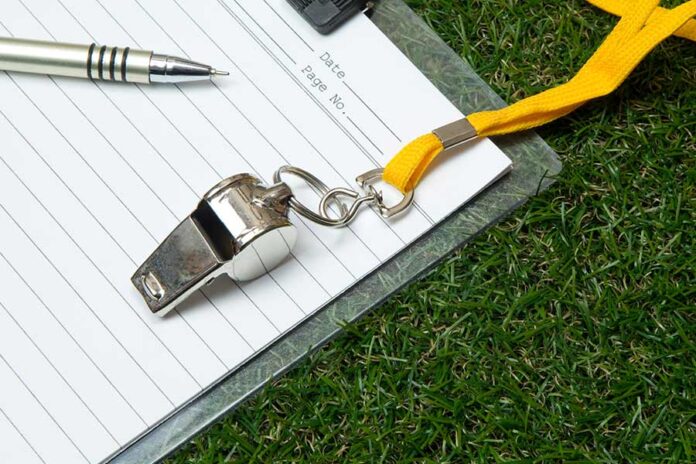Disputes involving athletes draw greater attention in the era of professional sports, with their great wealth and commercialisation. In particular, disputes between star players and their clubs or national teams have aroused widespread concern in society. But when an athlete is involved in a labour relations dispute, should they follow the internal arbitration procedures of their sport, or the system stipulated in the Labour Law?
Employment relationships in professional sports have certain particularities compared with general labour relationships. In China, regulations were promulgated in 2007, stipulating that sports institutions or sports bureaus should sign employment contracts with their athletes. However, professional sports teams or clubs often sign so-called work contracts with their athletes.
While the Chinese Football Association and the Chinese Basketball Association (CBA) ask their clubs to sign labour contracts with their athletes, there are no clear regulations in other sports. This inconsistency has created a “double-track system” for athletes in China, in which most are dual employees of both sports bureaus and clubs.
Under these circumstances, when athletes are involved in labour disputes, it is open to question whether the applicable law is the Labour Law under the jurisdiction of the labour arbitration institution, or the Sports Law under the jurisdiction of the sports arbitration institution.
Although most courts have ruled that such disputes should be adjudicated by labour arbitration institutions, there have been exceptions. One was the labour contract dispute between Zhou Qi and Xinjiang Flying Tigers, which was resolved under the CBA’s internal arbitration procedure, but the results of which Zhou did not obey.
According to Ministry of Labour and Social Security regulations, it is more appropriate to apply the affiliation review standard for reviewing de facto labour relations, which is widely recognised in Chinese judicial practice, to review the labour relations of athletes.
Under this standard, three conditions must be satisfied to constitute a de facto labour relationship: (1) both the employer and the worker must meet the subject qualifications stipulated by laws and regulations; (2) the labour rules and regulations established by the employer according to law are applicable to the worker, and the worker is subject to the labour management of the employer, and engaged in the paid labour arranged by the employer; and (3) the labour provided by the worker is an integral part of the employer’s business. When these are met, an athlete shall establish a de facto labour relationship with the sports club and the sports bureau, respectively.
This conclusion is also in line with the persönliche Abhängigkeit (personal dependency) for determining de facto labour relations recognised in German courts, and the “six-factor theory” standard of review used by the US government. It follows, then, that under the existing judicial system in China, athletes’ labour relations disputes should not be resolved by sports arbitration institutions.
However, it should be noted that because of the particularity of athletes’ labour relationships, disputes ought to be judged by experts. Under the premise that China both advocates the reform of the sports system and promotes arbitration, although it is not yet appropriate for arbitration to resolve the labour relationships of athletes, the authors believe that this should become a trend, just as the jurisdiction of the Court of Arbitration for Sport also covers transfers of athletes and labour issues.
The limitations of the existing system are partly due to the lack of clarity in article 33 of the Sports Law. In the context of the amendment of the Arbitration Law and the move by National People’s Congress lawmakers to establish a sports arbitration system, it would seem that we can try to change the status quo.
Due to the emergence of many new employment methods, meanwhile, some relationships that do not meet the above-mentioned review standards for de facto labour relations may still be recognised as such, and that is the civil relations between equal entities that provide services in the form of labour. In these cases, and when there is an arbitral clause in the labour service contract between the two parties, their dispute can be settled by the arbitration institution.
The Beijing Arbitration Commission/Beijing International Arbitration Centre (BAC/BIAC) has covered many contract disputes with labour attributes, and has experienced arbitrators capable of adjudicating such cases. Although it is not now readily accepted that athletes’ labour disputes can be handled through sports arbitration, in order to promote the development of such a system in the future, we should make appropriate efforts in this direction. Only by professionals handling professional affairs can we achieve unity of the legal system’s progress and good social effects, as well as contributing to the professional development of the sports industry itself.
Fu Xiangyu is a case manager at the BAC/BIAC). Li Yejing, a case manager at BAC/BIAC, also contributed to the article






















